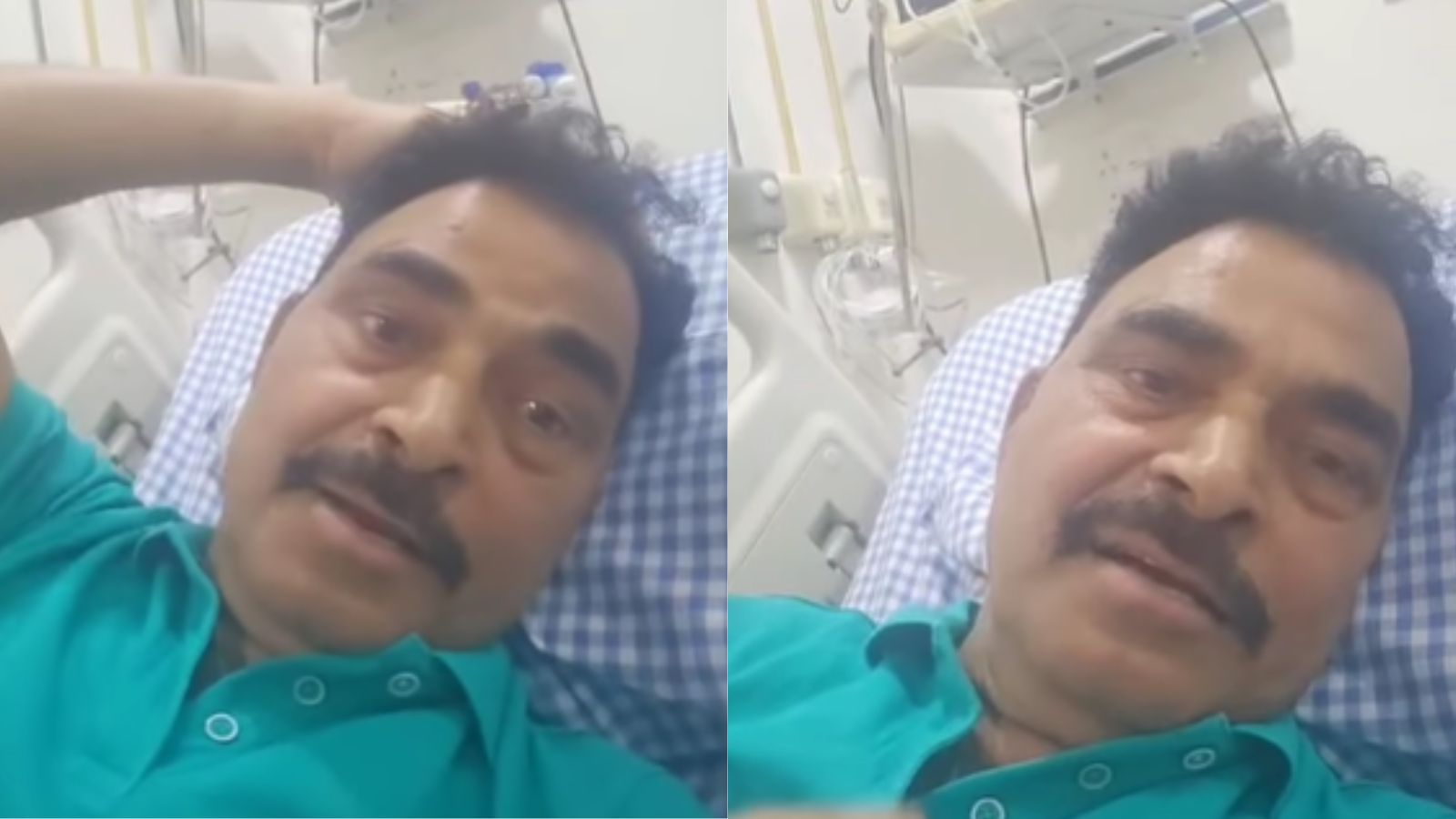Sleep apnea is a serious condition that can be detected by snoring. It occurs when the soft tissues in the nasopharynx vibrate as air flows through during sleep, creating loud and disruptive sounds. Individuals who are elderly, overweight or obese, consume alcohol and sedatives, have chronic nasal congestion or abnormal nasopharyngeal structures like large tonsils or a deviated septum are more likely to snore.
While frequent snoring may be a sign of sinusitis, nasopharyngeal tumors or other conditions that require treatment. One such condition is obstructive sleep apnea (OSA), which can lead to reduced or stopped airflow into the lungs and decreased oxygen in the blood. This can result in symptoms such as dry mouth, nocturia, fatigue, headaches, memory loss and decreased sexual ability among others. Untreated OSA is also associated with an increased risk of serious cardiovascular diseases.
If you suspect you have sleep apnea or snoring issues, it’s important to seek medical attention for proper diagnosis and evaluation. Lifestyle changes like weight loss, avoiding alcohol and sedatives and changing sleeping positions may be recommended for mild cases. For more severe cases, treatments may include wearing devices to support airway expansion or undergoing surgical procedures.
Continuous positive airway pressure ventilation (autoCPAP) is a highly effective method for treating OSA with close monitoring by healthcare providers. However, in cases where patients cannot tolerate CPAP or have specific airway abnormalities surgical interventions may be necessary. It’s important to consult a doctor before attempting any self-treatment for snoring or sleep apnea as improper management can exacerbate existing problems.



